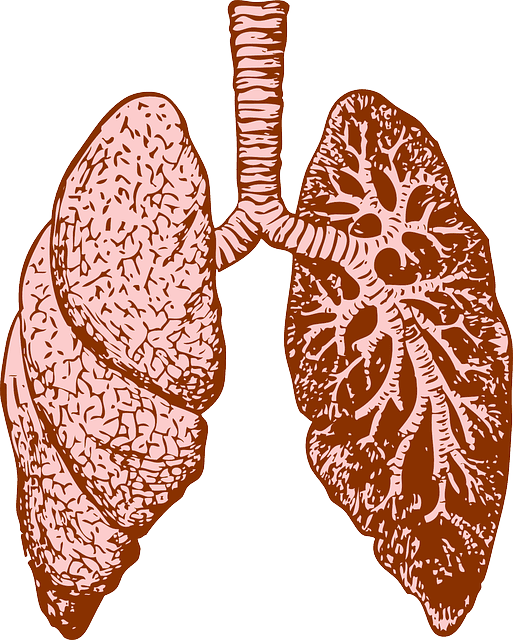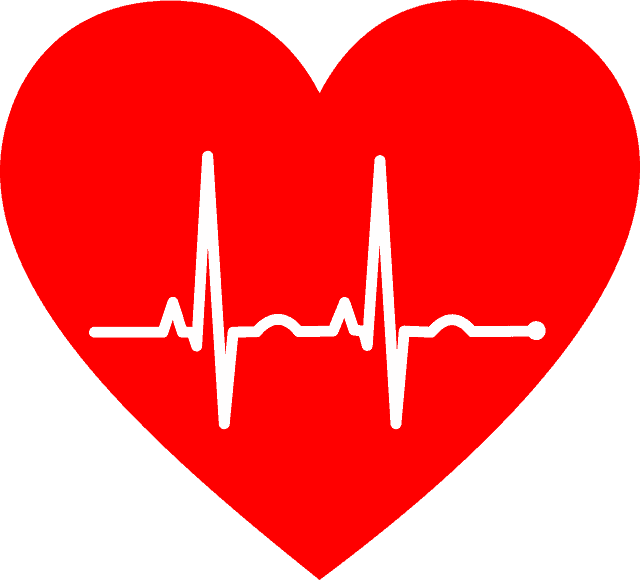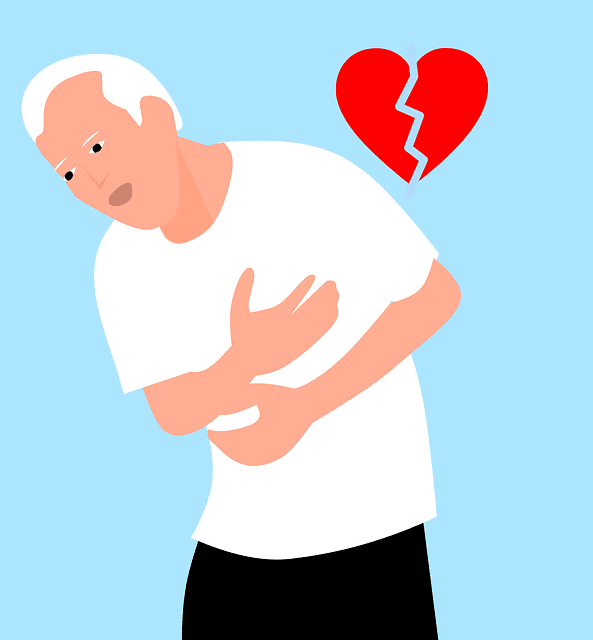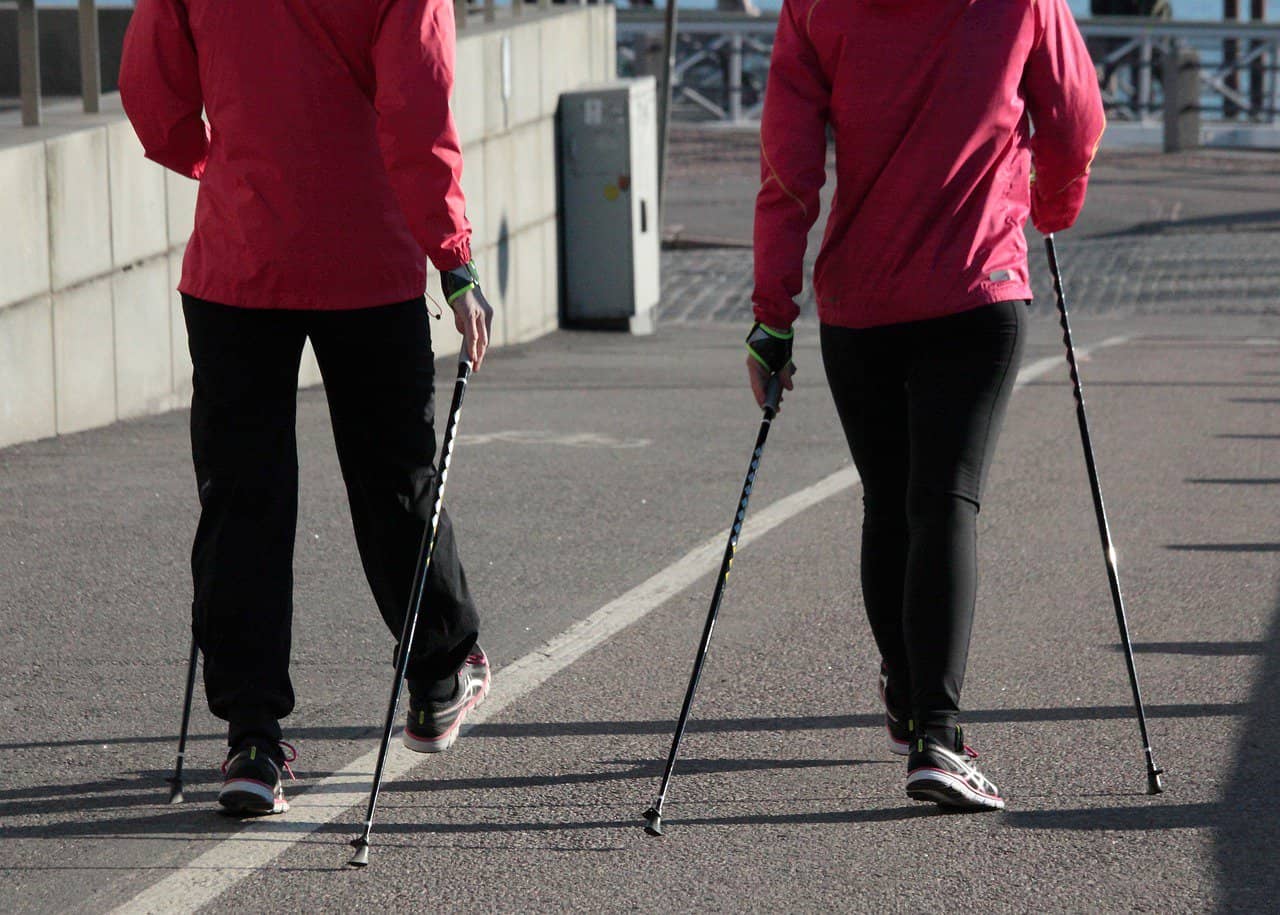Having chronic pain is like living your life on a roller coaster; there are up days and down days and sometimes you’re just trying to hang on. You never know what’s around the next corner, so you learn to take most things in stride – but some of the side effects of chronic pain are actually rather bizarre and you wonder, Why do I sweat when I’m in pain?
Side Effects of Pain
Lately, many of my patients have been asking me “Why do I break out in a sweat when I’m in pain?” Like a lot of side effects of chronic pain, I thought that I was the only one who felt this phenomenon – but apparently, many people have this same symptom. Whether you’re breaking out in a cold sweat, or hot sweat, or you can feel your body temperature going up, this is a normal stress response.
Excessive sweating (technically called hyperhidrosis) due to pain can have many causes but it boils down to your nervous system. Your nervous system has two components: the central nervous system (brain and spinal cord) and the peripheral nervous system (all your nerves).
The peripheral nervous system is divided into 3 subsystems – the somatic, autonomic, and enteric nervous systems. It’s the autonomic subsystem that makes us sweat. This can cause overactive sweat glands. Trust me, this is a normal stress response.
Your autonomic nervous system (ANS) regulates body functions such as heart rate, blood pressure, digestion, breathing, sweating, urination, sexual arousal, and pupil response.
So why do you sweat when you’re in pain? Your nerves (that are sending the signal that you’re in pain) send the “I’m in pain” message to the systems that are controlled by your ANS.
These systems – heart, digestion, breathing, sweating – receive the “I’m in pain” message and they react appropriately – and you start sweating as your blood flow increases. You may notice that you sweat all over or just in certain places like your armpits or even your head.

Many times, the sweating comes on suddenly whether you’re sitting still or just walking around. You feel embarrassed and out of control. You wonder if you have low blood glucose. And you wonder what people are thinking about you when you break out into a sweat. Am I having a heart attack? Is this a life-threatening condition? Am I having hot flashes? Is this due to an underlying health condition? Is this a common symptom? Do I need to seek medical care or attention? Is my blood pressure low? or high? and you wonder if there is anything you can do to stop this. Thankfully, there are ways to manage this!
In my case, my head will break out into cold sweats and then it would drip into my eyes. I could feel the top of my head starting to get very warm and then the cold sweats would start. I can’t put antiperspirant on my head, so I had to figure out a way to prevent cold sweats!
The American Academy of Pain Medicine suggests deep breathing. Deep breathing is a great, natural way to slow your heart rate and calm your nerves. This also ensures that your organs are getting enough oxygen. This will prevent your body from heating up and sweating.
One simple deep breathing technique is to sit in a chair with your arms at your sides. Take a slow, deep breath in through your nose, hold for 3 or 4 seconds, and then breathe out through your mouth. You should repeat this several times until you feel yourself start to relax.
Another option to manage pain-induced sweating is to find a quiet place. Sometimes just getting away from all the noises around you can help calm your nerves. Stimuli, such as people talking and noises from a TV or radio can make your nerves overreact and this can lead to sweating.
If your excess sweating only occurs in your armpits, there are several different antiperspirant/deodorant combination products that you can buy. Be sure to read the label and make sure it says antiperspirant. The International Hyperhidrosis Society recommends Certain Dri, Secret Clinical Strength, and Gillette Clinical Strength.
There are items of clothing that absorb sweat. You can find affordable options such as Under Armour on Amazon.
There are also prescription medications that you can take if the sweating is intolerable. I always recommend that you talk to your healthcare provider about your pain and any side effects that you may also be experiencing.
How do I Know if Sweating is Serious?

If random sweating is accompanied by additional symptoms, it could be an indication of an underlying condition. Pay attention to the following symptoms:
a. Feeling Faint or Dizzy: If you notice that you have frequent symptoms of feeling lightheaded or dizzy along with random sweating, it could be a sign of low blood pressure or dehydration. Keeping yourself hydrated can help. In severe cases, this combination of warning signs may suggest a cardiovascular issue, requiring prompt medical assessment.
b. Feeling Nauseous: Unexplained sweating paired with nausea or vomiting might be a sign of various conditions, such as infections, gastrointestinal issues, or even a potential heart problem. Seek medical attention if this symptom persists or worsens.
c. High Fever: When sweating is accompanied by a high fever, it is a more serious infection that might be indicative of an infection or an inflammatory condition. Infections can range from mild to severe and may require medical treatment.
Underlying Medical Conditions:

Certain medical conditions can trigger random sweating as a symptom. If you have a history of any of the following conditions and experience unexplained sweating, consider seeking medical attention:
a. Hyperthyroidism: An overactive thyroid gland can lead to increased sweating, along with other symptoms like rapid heartbeat, weight loss, and anxiety.
b. Menopause: For women approaching or going through menopause, hot flashes and night sweats are common. Although generally harmless, discussing the medical history of this symptom with your healthcare provider can provide reassurance and management strategies.
c. Hypoglycemia: Low blood sugar levels can cause sweating, shakiness, and confusion. If you have diabetes or are at risk of hypoglycemia, consult your healthcare professional for appropriate guidance.
d. Infections: Sudden, unexplained sweating might occur during infections, such as tuberculosis or endocarditis. If you suspect an infection, it is essential to always seek medical care and evaluation promptly.
e. Heart problems: Sweating can be an early warning sign of heart problems, such as angina or heart attacks. Chest pain or discomfort, pain in your left shoulder or arm may also accompany sweating in these cases, may be life-threatening and necessitate immediate medical attention.
It’s not just you. It happens to many chronic pain sufferers and there are ways to manage this.
Until next time ~ Dr. JB Kirby
